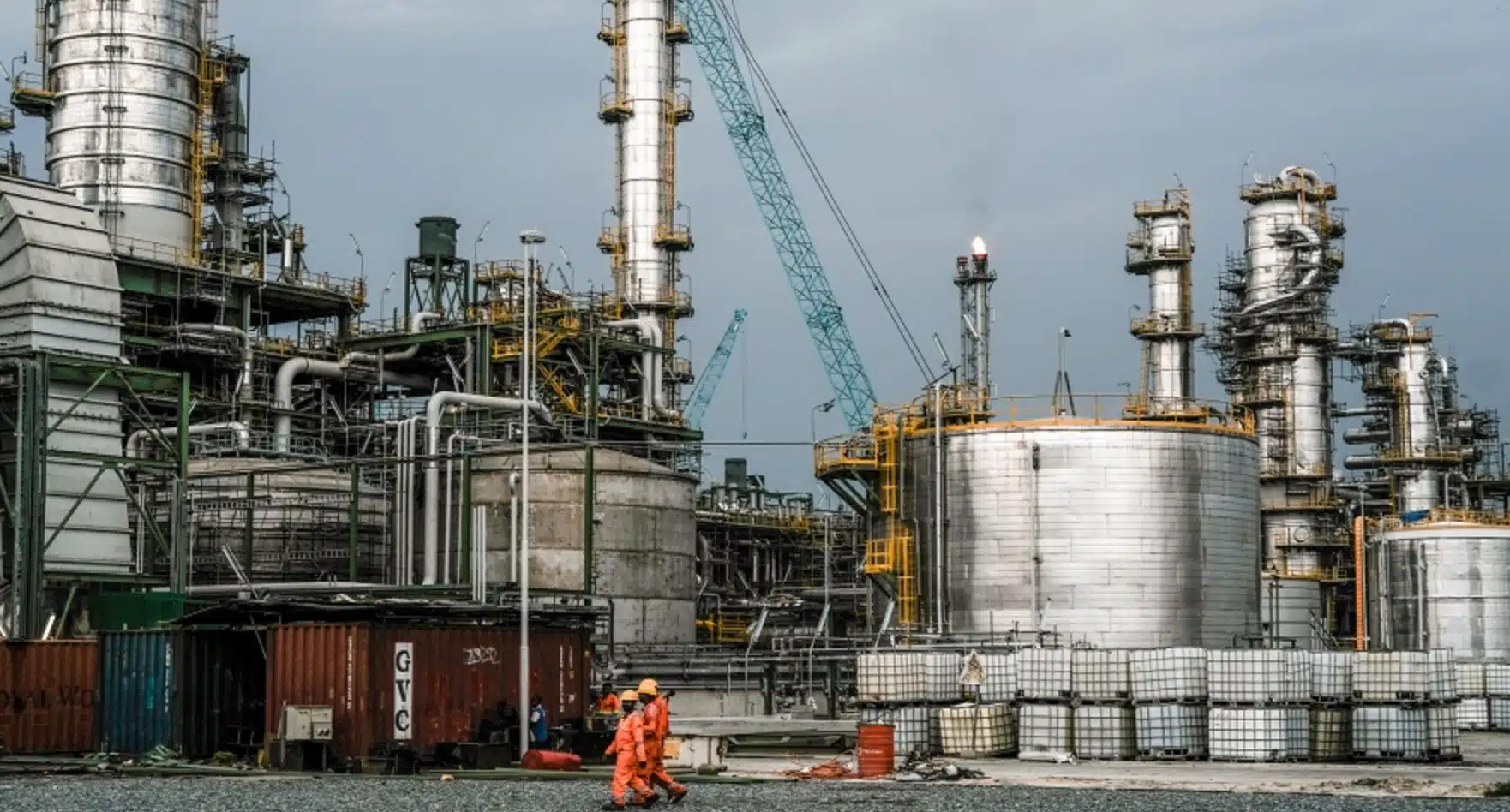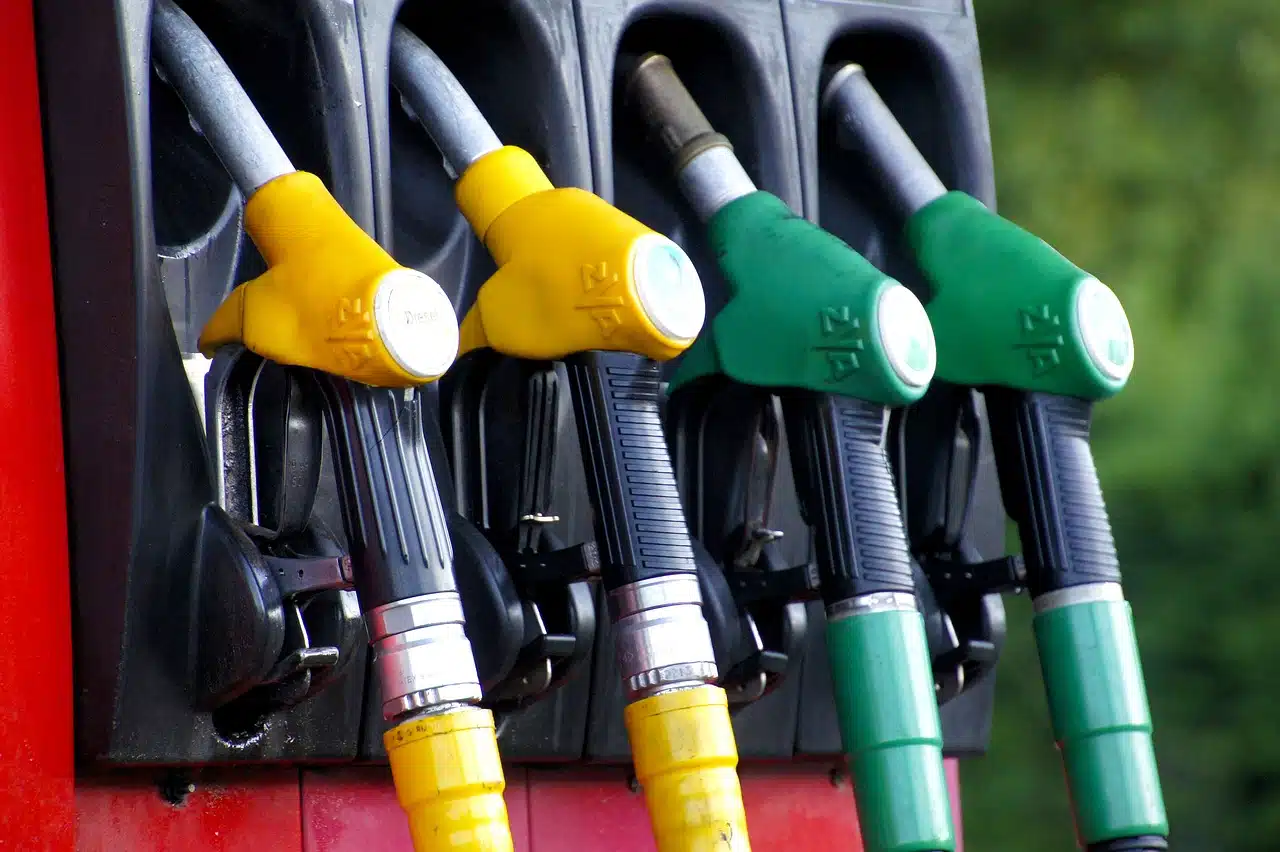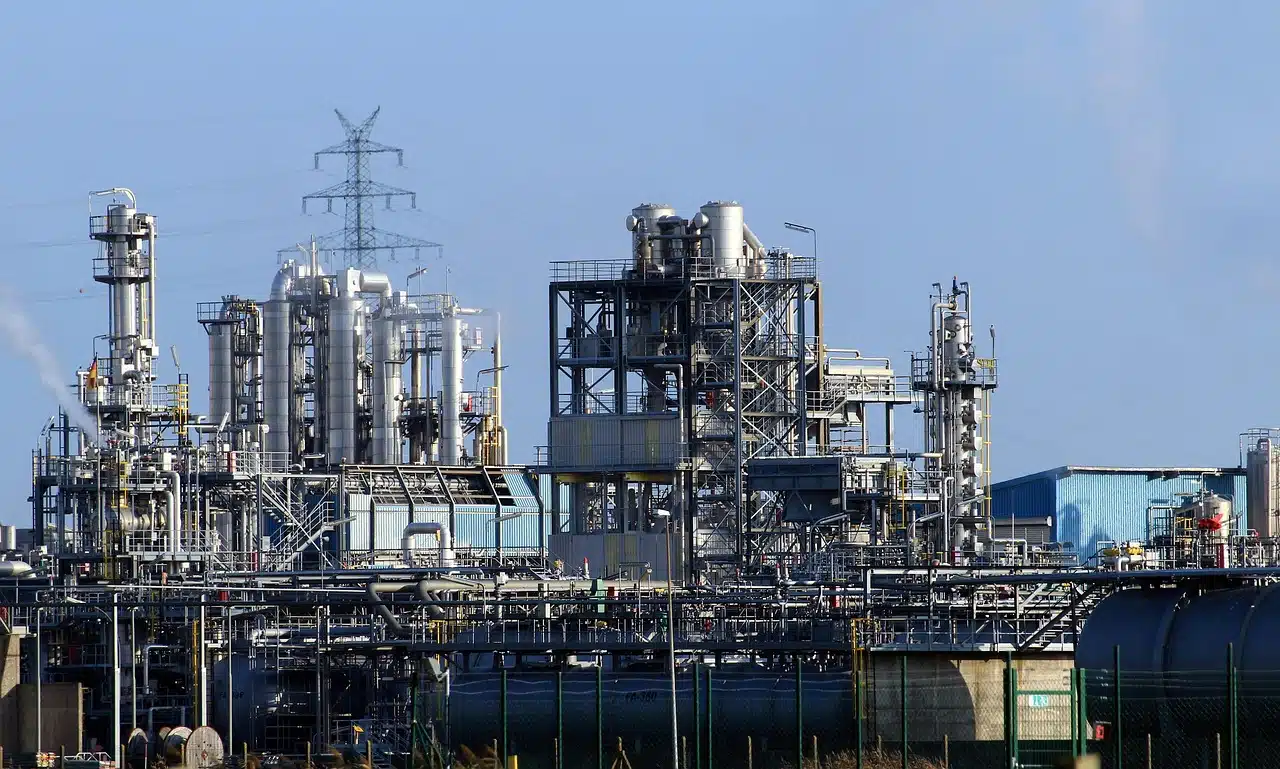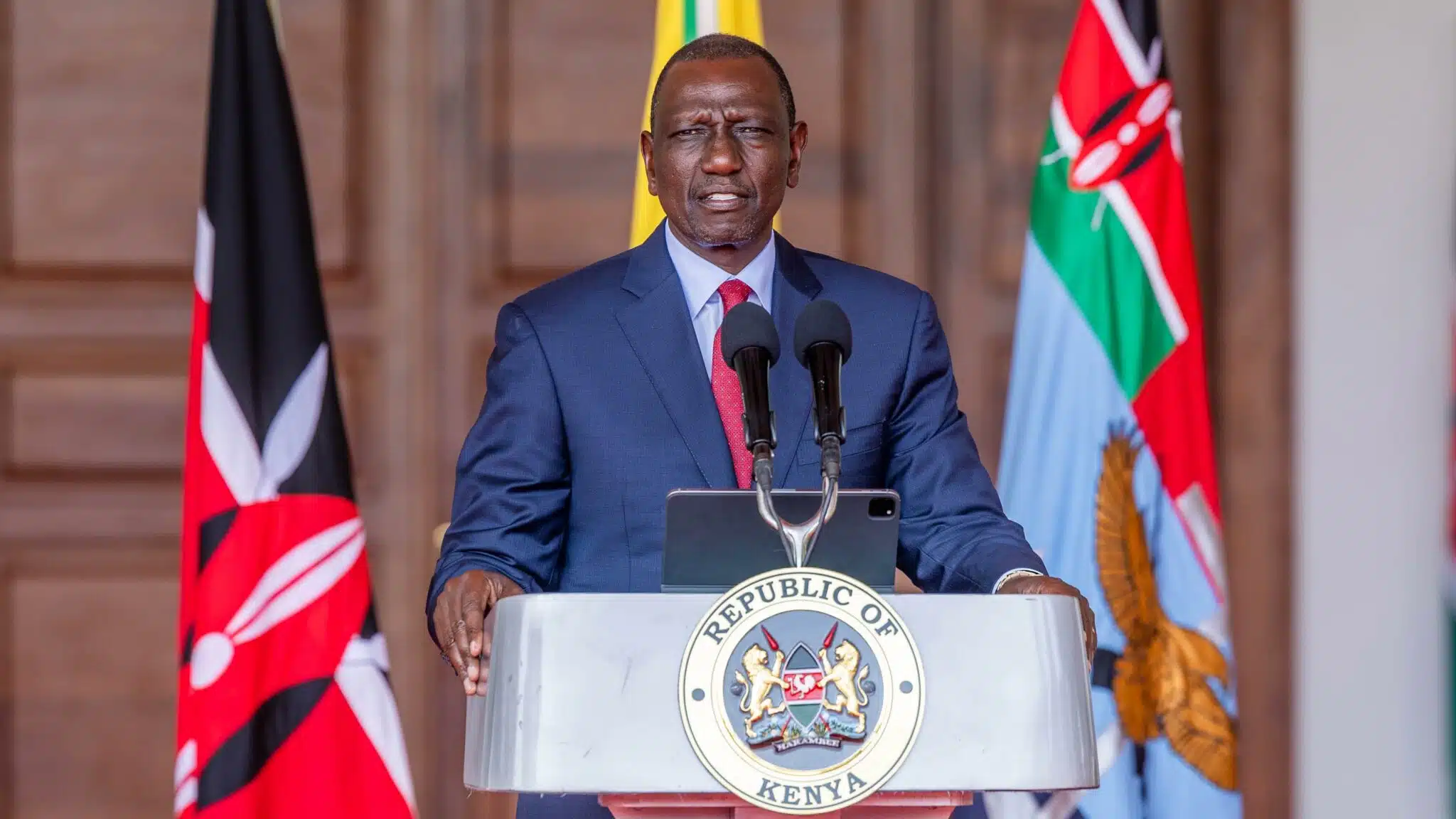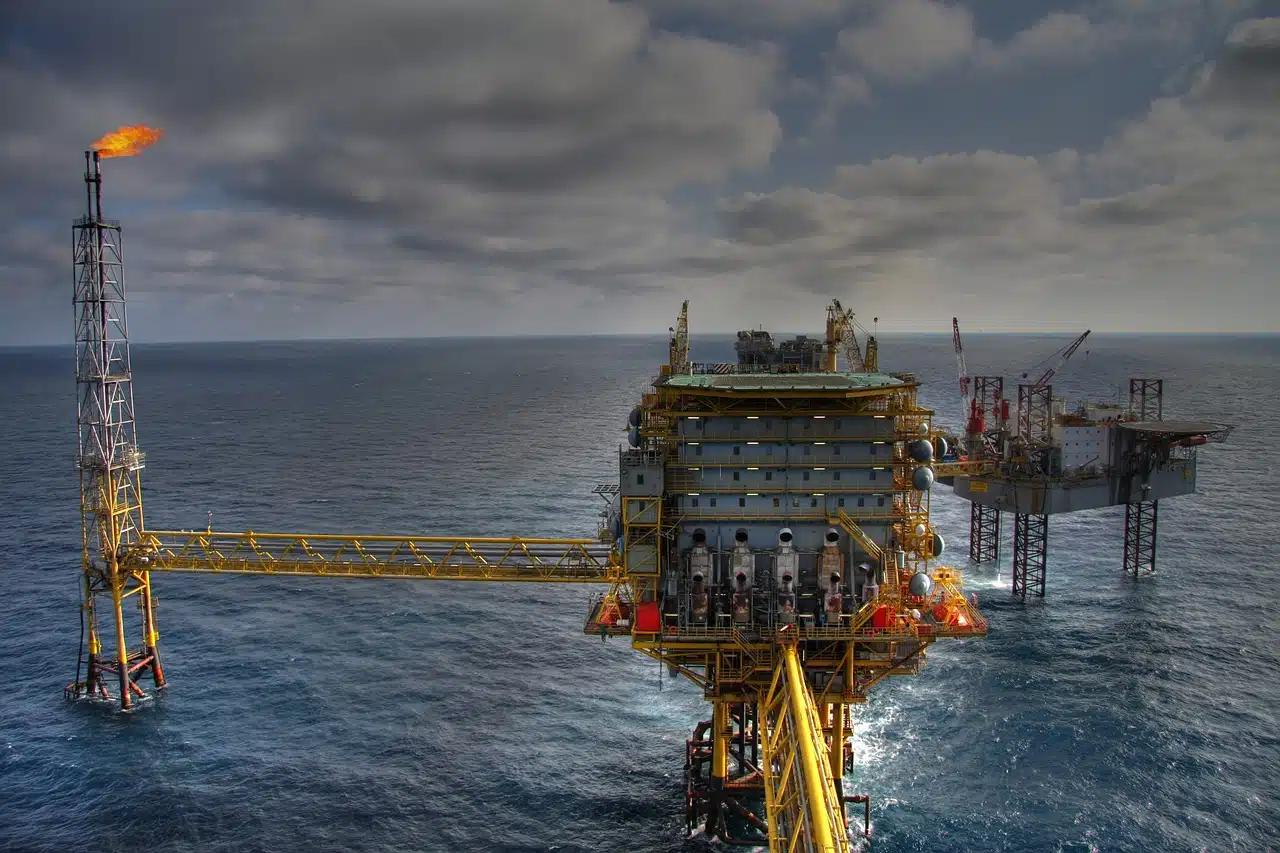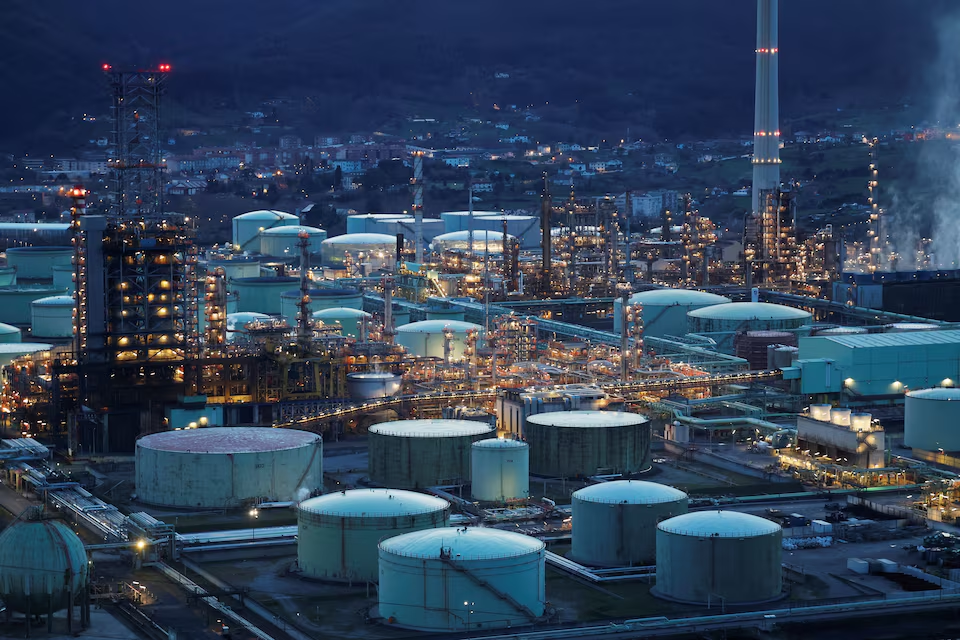In a significant milestone, Nigeria’s Dangote Petroleum Refinery has successfully exported two shipments of jet fuel to Saudi Aramco, the world’s largest oil producer and companies by market capitalisation.
The President of the Dangote Group Aliko Dangote revealed the development during a tour of the refinery by directors of the Nigerian Economic Summit Group (NESG).
This entry into the Saudi market highlights the refinery’s expanding global influence and its commitment to delivering high-quality refined products.
“We are already reaching the ambitious goals we set for ourselves, and we are pleased to announce that we have just sold two cargoes of jet fuel to Saudi Aramco,” Dangote stated.
Saudi Aramco is the majority state-owned national oil and gas company of the Kingdom of Saudi Arabia.
Since commencing operations in 2024, the Dangote Refinery has been supplying Nigeria with refined products including petrol, diesel and aviation fuel (JET A1) and other petrochemical products across the globe, making Nigeria a net exporter of these products.
The refinery is rapidly extending its market reach beyond Nigeria’s borders.
As of December 2024, the refinery had exported Premium Motor Spirit (PMS), commonly known as petrol, to African nations, including Cameroon, Ghana, Angola, and South Africa.
Dangote’s aviation fuel now accounts for at least two-thirds of Nigeria’s supply and nearly half of West Africa’s consumption.
Cameroonian market
Cameroon was the first country to import refined petroleum products from the Dangote refinery.
The Lagos-based refinery supplied fuel to Cameroon in December 2024, signaling a move towards regional energy integration and helping stabilize fuel prices across the region.
The petroleum product was received by Neptune Oil in the Central African country, according to a joint statement by both organisations. Director and Owner of Neptune Oil, Antoine Ndzengue, on his part, described the deal, which was executed without any intermediaries, as a turning point for Cameroon.
Ghana petrol supply
In October 2024, Ghanaian authorities began eyeing fuel imports from Nigeria, a move that could help the West African nation cut more expensive shipments from Europe.
Chairman of the National Petroleum Authority, Ghana, Mustapha Abdul-Hamid, while speaking at the OTL Africa Downstream oil conference in Lagos, said this could end monthly fuel imports from Europe put at $400 million.
Hamid said importing from Nigeria rather than Europe would bring down the prices of other goods and services by removing freight costs.
“If the refinery reaches 650,000 bpd a day capacity, all that volume cannot be consumed by Nigeria alone, so instead of us importing as we do right now from Rotterdam, it will be much easier for us to import from Nigeria and I believe that will bring down our prices,” he said.
Closely related to Ghana is Togo, particularly its capital, Lomé, where the refinery exported in November 2024.
Dangote disruption of European market
The commencement of operations at the Dangote refinery has left many oil processing facilities in Europe on the brink of collapse.
According to a trader familiar with the European market, Farai Ronoledi, “(The Dangote refinery) is not just a domestic win for Nigeria; it’s a shift in the global refining landscape,” he added.
In 2024, S&P Global reported that British Petroleum (BP) had ordered its first aviation shipment from the refinery.
The shipment, carried by the vessel Doric Breeze, marked BP’s inaugural purchase of approximately 45,000 metric tons of jet fuel from the facility.
“The European shipment demonstrates the growing reach of products from the 650,000-barrel-per-day Dangote refinery as it rapidly expands operations and reshapes West African trade flows,” S&P Global stated.
Although the Dangote refinery has not exported its refined petroleum products to the American market, the mega oil processing facility has continued to receive crude supplies from the US, including from Brazil to shore up with insufficient local production.
Beyond the African continent and the American market, the refinery has also made significant inroads into the European market. Notably, it has been exporting diesel and jet fuel to various European countries, with its jet fuel being recommended for use in major hubs such as Heathrow Airport in the UK.
The company’s product has also been seen in European countries such as Iceland, among others.
Nigeria’s foreign reserves are projected to save a substantial $10 billion in foreign exchange in 2025 following the commencement of operations at the Dangote Refinery, according to the latest Economic Outlook Report for 2025 by the Nigerian Economic Summit Group (NESG).
As the refinery continues to ramp up production, currently reaching 550,000 barrels per day, it is poised to further solidify its position as a key player in the global energy market.
Dangote eyes Asian market
A Japanese delegation who visited the refinery and the petrochemicals complex, described it as an astonishing masterpiece, showcasing Nigeria’s technological advancements on the global stage.
The Managing Director of the Japan External Trade Organisation, Takashi Oku, was said to have remarked that while Nigeria remains the gateway to Africa, the refinery stands as a remarkable project that showcases the country’s technological progress.
Oku said that the facility, as the world’s largest single-train refinery, is a point of immense pride for Nigeria.
“We had heard about the excellence of the Dangote Refinery through the media but seeing it in person has left us truly amazed by its vastness and grandeur. It demonstrates that Nigeria’s population is not only growing but also advancing in technology. We are keen to collaborate with Nigerian companies, especially Dangote Refinery,” he added.
The successful export to Saudi Aramco not only highlights the quality and competitiveness of its products but also sets the stage for future collaborations and market expansions, analysts say.

